RED CARD - Zomba City plots allocation along Likangala river irks citizens
Proposed plan to allocate developers plots along Likangala River has irked citizens, who are calling for the move to be halted based on flood related episodes in the wake of recent cyclones in Malawi

ZOMBA, Malawi (Planet Defence) – A proposed plan by Zomba City to distribute residential plots along the Likangala river for settlement has raffled feathers from some concerned citizens in the wake of persistent cyclone related disasters Malawi has recently experienced.
Zomba city fathers this week issued a call for applications for plots. It read, “Zomba City intends to allocate medium density plots at woodland II. These are located at Thundu along the Likangala river less than a kilometer from the University of Malawi campus,” read the call-in part.
However, concerned citizens in various social media platforms faulted the distribution of plots for urban settlement along Likangala river. They questioned whether environmental guidelines related to ecological sensitive areas assessment as part of biodiversity conservation had been conducted.
More, importantly was the issue related to river buffer system as per the Environment Management Act 2017.
Planet Defence reached out to Zomba city and contacted a top official to provide insights about the plot’s allocation especially with reference to the Likangala river. The top official (name withheld) refused to provide details and requested the author to visit the city offices physically in Zomba.
We later spoke to the city’s Public Relations Officer, Sylvia Thawani who promised to offer more details about the entire process immediately she gets on her desk. However, our subsequent efforts to get the city’s position especially the plots distribution along Likangala river prove futile for over four times on Wednesday.
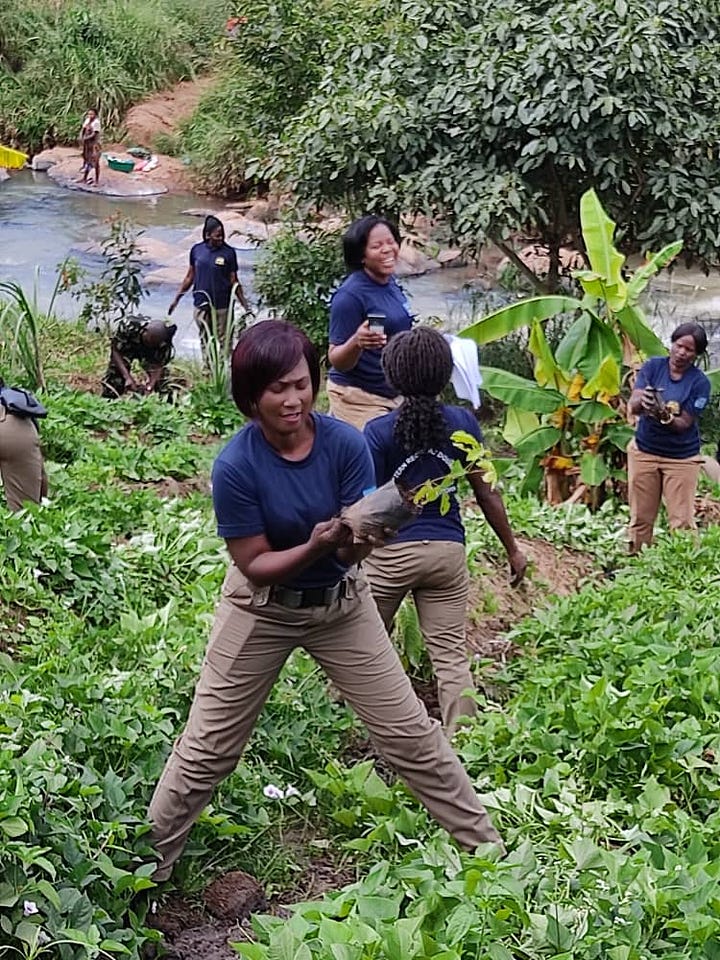
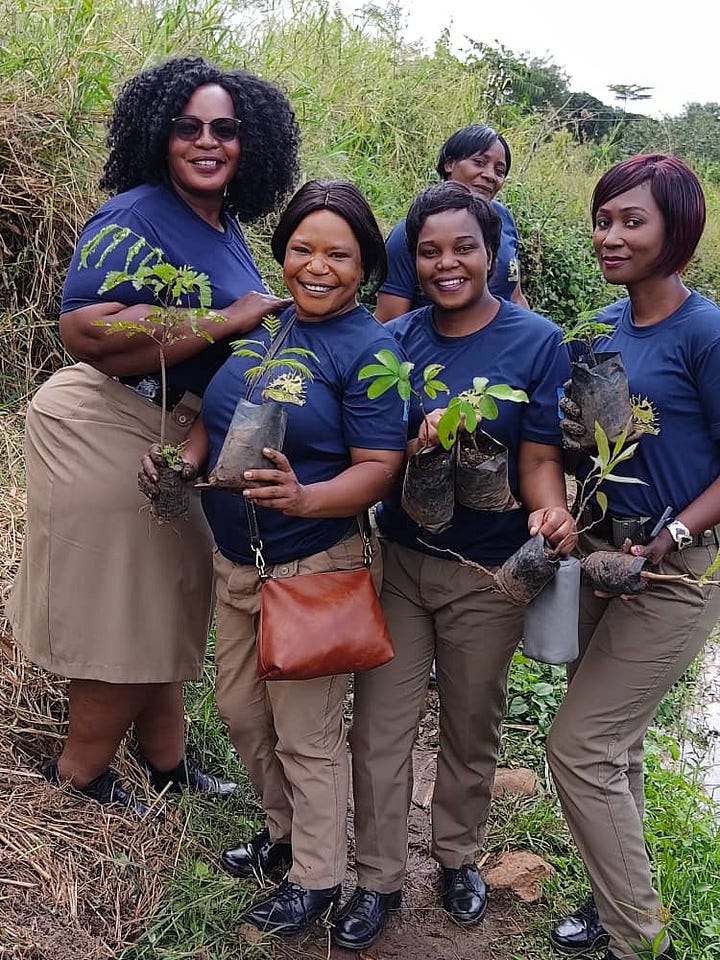
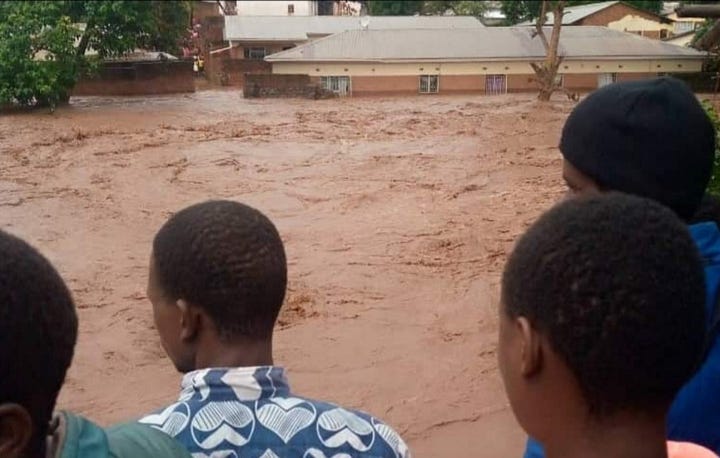

Environment compliance
Recent flood episodes as a result of cyclones have exposed the Likangala river as it lies bare without the needed buffer to contain surging waters. In the event of excess heavy rains, the Likangala river often bursts it seam with heavy silt loaded water.
Such situations have in the past exposed more urban structures that are built on the banks of the river. The last two cyclones caused extensive damage to infrastructure along the river rendering most resident homeless and property lost in the process.
Asked if he was aware about the development to allocate plots along the LIkhubula river, Dr Yusuf Mkungula, Principal Secretary for Natural Resources and Climate Change said it was news to him.
“I am not aware of the any information related to the development. Let me contacted Malawi Environment Protection Authority (MEPA) and whether we can visit the site. If that will help us to make a better judgment, we will do that,” Mkungula told Planet Defence in an interview.
Biswick Mlaviwa, an Environment Impact Assessment Officer at MEPA also saw the call for application on social media platforms.
Mlaviwa questioned wondered whether issues of compensation had been taken into consideration to ensure the native residents of the area had been sorted out. A well-placed source in the city, however told us the area lies within the city boundary.
“If they are extending the city boundary then issues of compensation need not to be taken lightly. They will likely be a lot of social issues. People demand compensation when urban boundaries are being extended. I am also hoping that they have put minimal services as such roads for easy demarcation of the plots,” he shared his experience.
When contacted if consulted, Tisu Kapalamula, Director of Operations at Southern Region Water Board expressed concerned that they were not consulted during the planning phase of declaring the area for plot allocation.
“No. we weren’t consulted. But indeed we were supposed to be consulted as a key stakeholder. Water supply to those new plots is paramount,” she explained in an interview.
Another expert under the Directorate of Agriculture and Natural Resources at Zomba district council expressed worry that creating settlements along the Likangala river will have far reaching effects on the aquatic ecosystem downstream.
“Already there are challenges related to raw sewage being emptied in the Likangala river. The current plan to allocate more housing plots will only compound the situation which is already complex in nature,” he added.
Settlement in fragile and catchment areas
Planet Defence on Wednesday dispatched a team to appreciate the said area especially that along the Likangala river at Chief Naphambo area.
Our ground truthing team discovered several efforts on afforestation in upper and lower Likangala to reduce the flood risk.
The proposed area to be distributed as plots is the same area that Leadership for Environment and Development (LEAD) has conducted reafforestation and tree planting efforts in 2017 and 2018 collaborating with Fulbright Scholars and the Forestry Research Institute of Malawi under the Lake Chilwa Basin Climate Change Adaptation Programme.
The Eastern Region Police Commissioner also joined the planting exercise. Similarly, LEAD joined the tree planting exercise initiated by Eastern Region Police Women on Likangala river below the Zomba sewage works at which the Eastern Region Commissioner was the guest of honour.
Some of the plots were shared last year as they are already development works underway. More worrying is that fact that even hills have been allocated for development as well too our team shared the findings.
Our team also discovered there is a new road and bridge being constructed connecting to Thundu CCAP church.
When asked for his reaction Professor Sosten Chiotha, Regional Director of the Leadership for Environment and Development (LEAD) expressed worry at the pace of plots allocation in fragile areas in Zomba.
Chiotha agreed with the State Vice President, Dr Saulos Chilima who is on record advising against plot allocation along the fragile areas, citing at the time river banks of Mulunguzi because of the potentially high-risk factor.
Chiotha who is also a climate change champion based on the Lake Chilwa basin experience also cited the students of Chancellor College who handed over a petition to the Zomba District Commissioner against the plot allocation along the Mulunguzi river bank but these calls had landed on deaf ears.
According to Chiotha, the reduced flash flooding from the afforestation on Sadzi Hill, in Zomba initiated by concerned citizens is testimony that fragile areas are not for housing infrastructure development but should be zoned for conservation to buffer impacts of extreme weather events. The concerned citizen were actually supported by Traditional Authority Chikowi, who weighed in to prevent further exposure to extreme weather events.
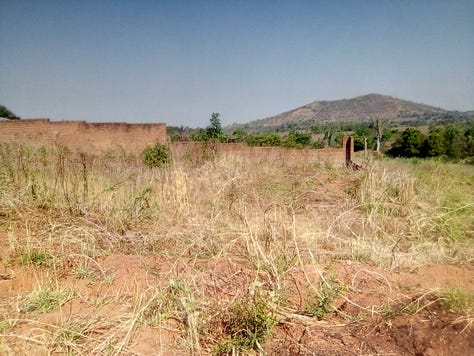
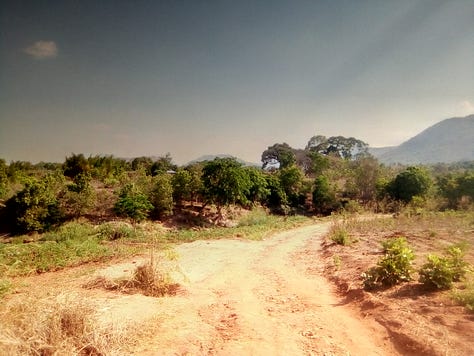
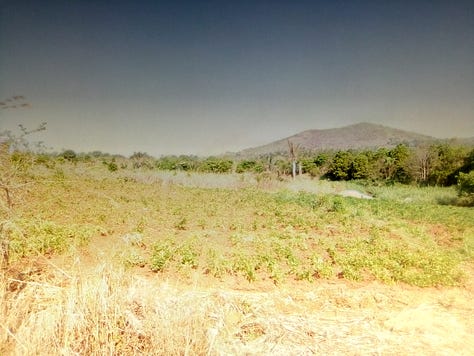
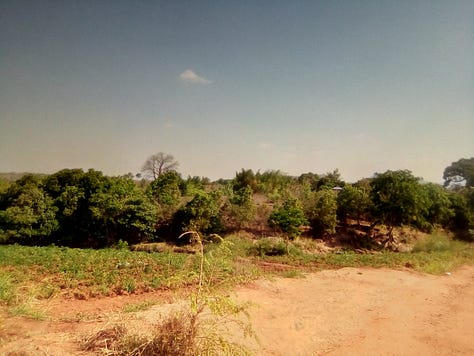
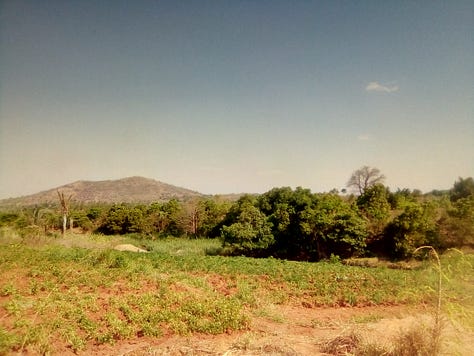
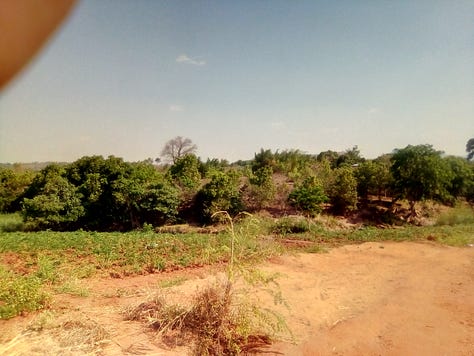
Civil society speaks out
The proposed plan to allocate plots along the Likangala attracted a lot of attention among civil society organizations including platforms concerned about environment and natural resources management in Malawi.
Julius Ngoma, National Coordinator of the Civil Society Network on Climate Change described the proposed plan an as act that will definitely compound urban residents’ vulnerabilities to disasters.
“We need to expedite the mapping, identification, zoning of high risk areas and ensure that enforcement is done for such places. Either they are avoided or planning is done accordingly for any development work. This is where the new Disaster Risk Management Act comes in handy,” Ng’oma said in reaction to the development.
He added that unfortunately, people also are looking for such opportunities to get a piece of land and that scramble leaves people with no choice but to get a plot or two.
“I agree, citizens needs to start making informed decisions. One thing that can facilitate this is to expedite the process of identifying high risk areas and ensure these are no go zones,” he said
Sangwani Phiri, renowned Weather Chaser follower has a question. Does it mean that the Zomba City Council is yet to be convinced to refrain itself from allocating fragile areas of land to prospective developers?
“These will likely face the natural weather trauma during heavy rains or cyclone episodes. I think the Depts of Lands and Disaster Management Affairs should come in to avert a crisis in the making here,” Phiri as a regular contributor on Weather Chasers lamented
There's donor fatigue out there now for Malawi, he warned.
Joseph Moyo, another CISONECC member was all brunt.
“We have a role to voice out as civil society organization the concern of the plot allocation along the Likangala river this time. We can even seek an injunction rather than discussions without action,” he summed up
Under section 33 of the newly enacted Disaster Management Act standards on development of high-risk areas including environment and disaster risk management need to be adhered to.
Zomba often described as a university city is one of the fastest growing cities that historically was characterized by green vegetation and cool climate influenced by the plateau. However, as the hills continued to be dressed bear the city is slowly losing it green touch and beginning to warm up.



